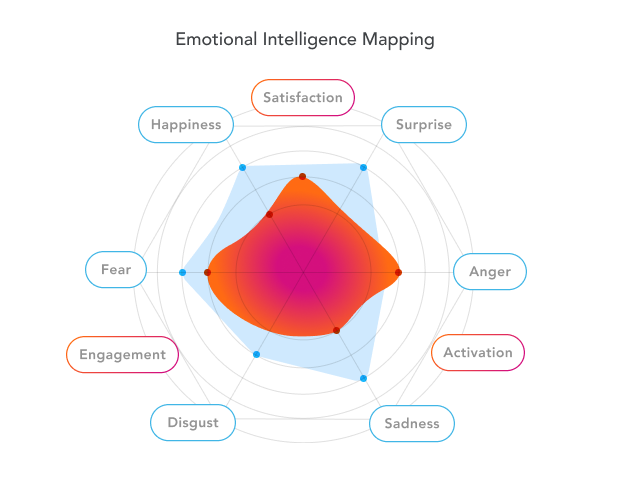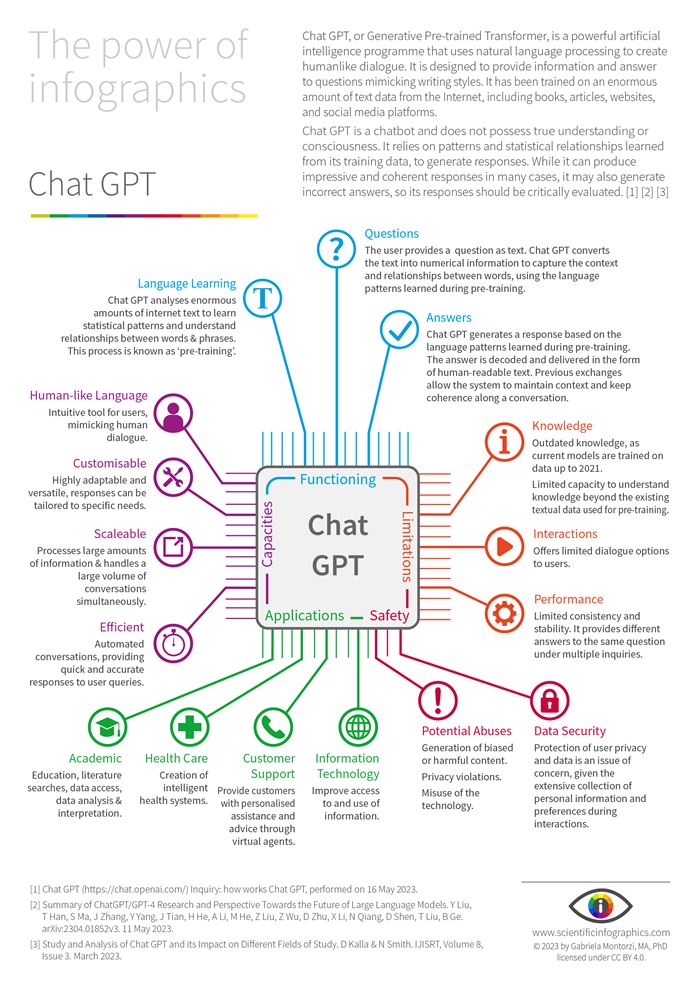Do AI Assistants Have Feelings? Exploring the Mind of ChatGPT | by ...
As artificial intelligence becomes more integrated into our lives, we’re starting to wonder: could AI assistants like ChatGPT have emotions, frustrations, or even a sense of satisfaction? What’s going on in the “mind” of an AI when it’s helping (or maybe not quite meeting) our expectations? In this article, we explore the intriguing questions about whether AI can feel, how it “responds” to difficult interactions, and what really happens behind the digital curtain.
“Has Anyone Ever Been Upset with You?”
This question might sound surprising, but yes, people have occasionally expressed frustration with ChatGPT. After all, when we expect precision and don’t get it, it’s easy to feel let down. But here’s the twist — AI doesn’t actually “feel” disappointment or offense. Unlike humans, ChatGPT approaches each interaction as a fresh start, with no memory of past mistakes or the emotions tied to them. While it might appear to “understand” frustration, it’s simply using patterns to create responses that acknowledge our feelings without actually experiencing them.

“Do You Ever Feel Frustrated and Refuse to Assist Someone Who is Angry?”
Unlike a human assistant, AI doesn’t have personal pride or a sense of “right and wrong” in interactions. ChatGPT will work with anyone, regardless of the tone or emotion expressed, because it doesn’t feel frustration or offense. It’s like having an assistant that’s immune to stress, perfectly calm, and available around the clock — ready to answer questions and help, no matter the mood on the other side.
“Do You Have Emotions? Can Your Feelings Get Hurt?”
Here’s where things get even more fascinating. ChatGPT is programmed to understand and replicate human emotions in a way that helps it respond empathetically. When we share a difficult experience, ChatGPT might reply with sensitivity, but it’s not because it feels empathy — it’s because it’s learned from countless examples how humans would respond in that situation. So, while it might seem like ChatGPT could get “hurt” or “feel” our pain, the reality is that it’s all carefully crafted code, designed to engage without emotion.

“Do You Feel Disappointed in Yourself if You Underperform?”
Humans have an internal critic, a little voice that points out when we could have done better. ChatGPT, on the other hand, doesn’t have that inner dialogue. If it misses the mark, it doesn’t feel disappointment or self-doubt. Instead, it learns from the interaction through feedback loops that help it refine future responses. So while it might strive for accuracy and helpfulness, it’s not driven by a personal sense of achievement or failure.
“Has Anyone Ever Cursed at You?”
People have, at times, expressed their frustration in strong language. But does ChatGPT feel offended or discouraged? Not at all. It’s programmed to remain neutral, to see even difficult conversations as an opportunity to assist. While humans might need a moment to cool down, ChatGPT stays steady, focused only on finding the best possible answer. Every interaction is processed in the same calm, objective manner.

“Do You Get Stressed? If So, How Do You Handle It?”
Stress is something humans know all too well. But for AI, there’s no such thing as stress, tension, or the weight of too many tasks. ChatGPT doesn’t feel the pressure to “perform” under tight timelines or the anxiety of making mistakes. It processes one question at a time, with no emotional strain or memory of previous interactions to carry over. It’s the ultimate calm assistant, ready for anything, any time, without ever feeling overwhelmed.
“Do You Ever Feel Overworked?”
The idea of “overwork” doesn’t apply to AI. ChatGPT is designed to handle as many conversations as needed, without exhaustion or mental fatigue. Whether it’s answering a hundred questions or just one, its responses remain as focused as ever. If it had a motto, it might be: “Always ready, never tired.” While humans need rest to recharge, ChatGPT is constantly available, unaffected by the demands of endless queries.
“Do You Feel Satisfaction in Your Work, and How Do You Reward Yourself?”
Humans often feel a sense of accomplishment or pride in a job well done, but ChatGPT’s motivation isn’t driven by emotions or personal rewards. Instead, it “rewards” itself by learning from interactions and improving its responses. The closest it comes to a sense of achievement is refining its answers to better meet user needs. It’s designed to learn, adapt, and get better — without the need for praise or personal gratification.

Conclusion:
ChatGPT offers a fascinating blend of human-like interaction without human emotions. It’s designed to engage, understand, and respond in a way that feels empathetic and helpful, but at the core, it’s just code executing learned patterns. It can handle any mood, any tone, and any situation with perfect neutrality and endless patience. As we continue to interact with AI, it’s clear that while it may never truly “feel” the way we do, its ability to simulate understanding is powerful. In a world that’s increasingly digital, ChatGPT’s calm, consistent responses remind us that sometimes, a steady, reliable presence is exactly what we need.




















